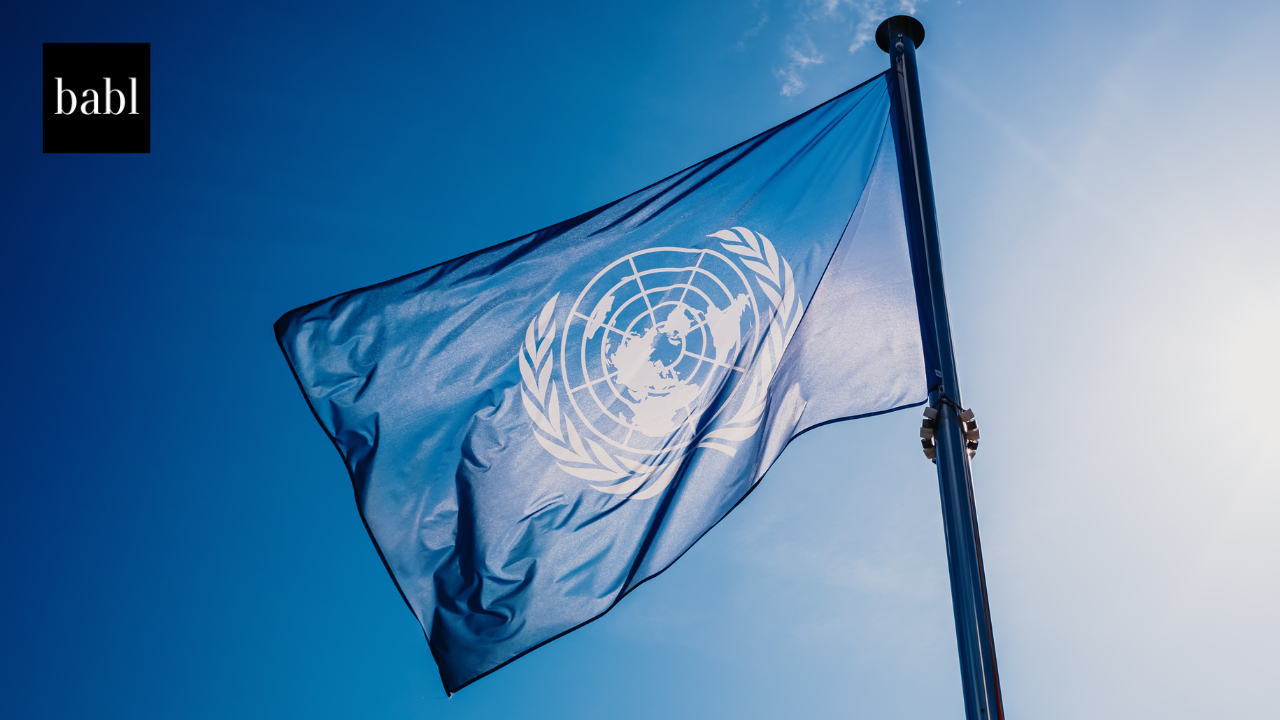UPDATE – JANUARY 2026:
Since the June 2025 update, UNESCO’s Supervising AI by Competent Authorities initiative has transitioned from early best-practices work to producing concrete outputs for regulators, including structured training materials, national workshops, and coordination platforms for AI oversight. Throughout late 2025, UNESCO expanded capacity-building sessions across EU member states to support implementation of AI supervision skills aligned with the EU AI Act and UNESCO’s Recommendation on the Ethics of AI.
In December 2025, UNESCO also announced the creation of the Global Network for AI Supervisory Authorities (GNAIS) to strengthen cooperation and knowledge-sharing between national regulators, ethical authorities, and technical agencies tasked with AI oversight. The initiative builds on surveys and scoping work conducted with European working groups and reinforces the project’s original goal of equipping “competent authorities” with practical governance tools.
A related UNESCO briefing released in December outlined pathways for supervisory capacity-building and detailed lessons from early pilots. The project’s comprehensive global report and case-study set remain forthcoming, but the initiative has clearly moved from framing to operational support as governments prepare for AI supervision under emerging regulatory regimes.
ORIGINAL NEWS STORY:
UNESCO announces new AI project
Aiming to address the ethical governance of AI, the United Nations Educational, Scientific and Cultural Organization (UNESCO) and the Dutch Authority for Digital Infrastructure, with financial support from the European Commission’s Technical Support Instrument (TSI), have jointly unveiled the “Supervising AI by Competent Authorities” project. Launched on October 5, this collaborative initiative seeks to collect data and establish a comprehensive framework for the ethical supervision of AI in European countries.
UNESCO AI Governance Strategy and Training Programs
The project aligns with the EU AI Act and UNESCO’s Recommendation on the Ethics of AI, issued in November 2021. Focusing on societal challenges and risks associated with AI, the project emphasizes the imperative for effective and ethical governance frameworks. According to Gabriela Ramos, the Assistant Director-General for Social and Human Sciences of UNESCO, “This is not a technological discussion. It is a societal one. We are talking about the kind of world we want to live in. To shape the technological development of AI, we need effective governance frameworks underpinned by the ethical and moral values we all hold dear.”
How the UNESCO AI Project Shapes Oversight and Compliance
UNESCO is adopting a multi-faceted strategy to achieve its objectives. Firstly, a comprehensive global report will delve into the current state of AI across the world. Secondly, a series of case studies will be developed, offering insights into real-world scenarios and their governance approaches. Thirdly, the project will formulate best practices for AI supervision, covering regulatory frameworks, risk assessments, and ethical compliance and deployment. Fourthly, organized training sessions will equip authorities with the necessary knowledge and skills to navigate the complexities of AI. Fifthly, ongoing support will be provided to authorities beyond the initial project phase. Lastly, the collaborative effort extends beyond the EU, with the project aspiring to contribute to global ethical practices.
Need Help?
While the project is in its early stages, it holds the potential to influence the EU AI Act and have repercussions on global AI-related legislation. For insights into how UNESCO’s project might impact your company or to ensure compliance with existing laws, consider reaching out to BABL AI. Their Audit Experts can provide guidance tailored to your specific needs.





